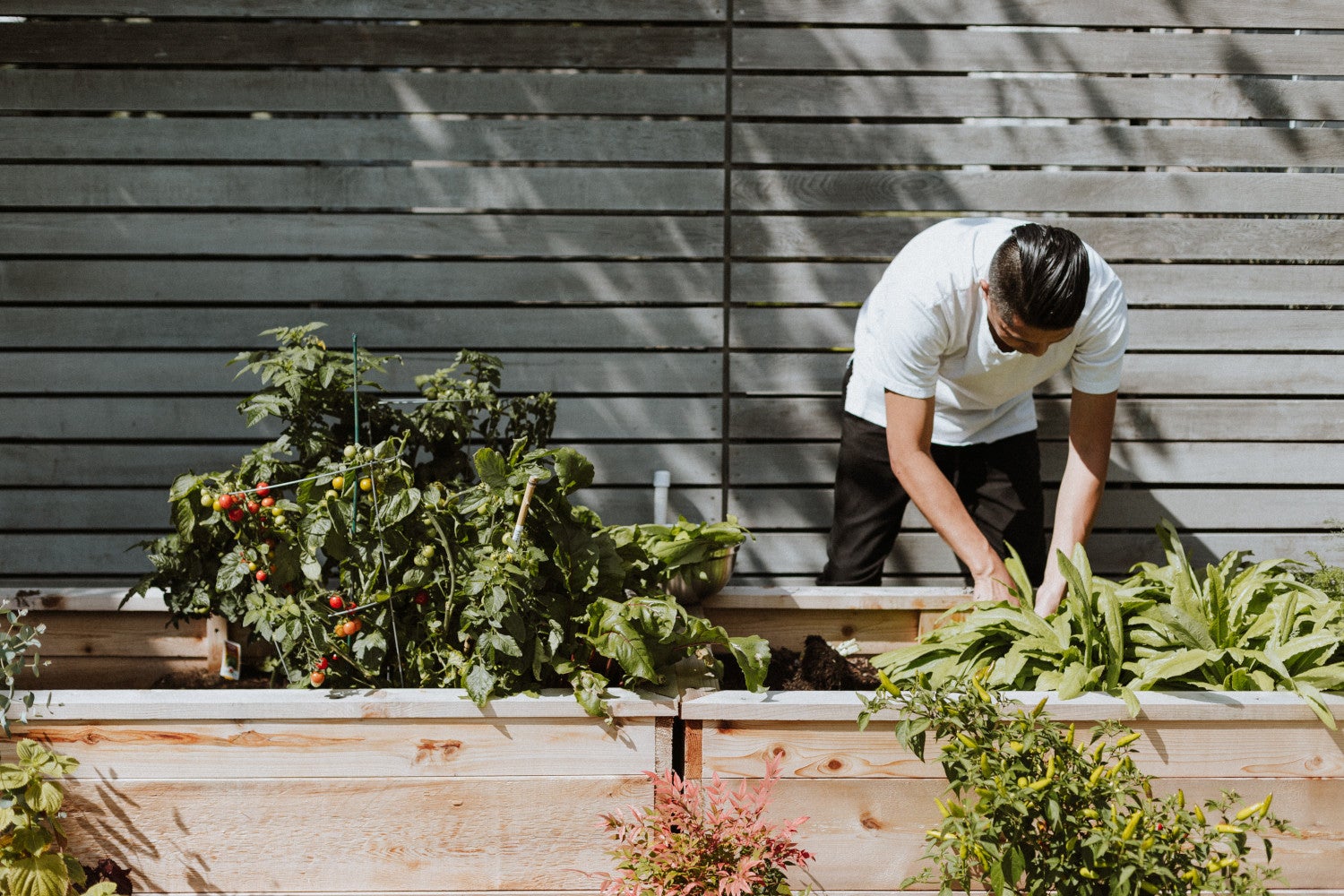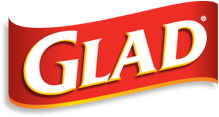
Fact vs fiction: The truth about compostable bags
How to make more sustainable, choices regarding use of household rubbish bagsMany New Zealanders want to do their bit for the environment, and sometimes the range of options at the supermarket can leave us in a muddle. From big choices to small, being informed helps us make more sustainable choices.
Rubbish bags are something most of us use regularly, they’re a part of every day life in households across New Zealand. More people than ever are aware of the benefits of separating waste into recycling, landfill, and food compost and making conscious choices as to which products will help us do that most effectively.
When it comes to bags, which should you be using for which purpose? Are compostable bags always better? What is the correct way to dispose of compostable bags to ensure the intended environmental benefits?
Food Waste – to be disposed via home compost
The first thing to be aware of is that compostable bags do not belong in the landfill with other household rubbish. Why? Compostable bags are made from both oil (fossil fuels) and organic renewable raw materials such as potato or tapioca starch, lactic acid, soy protein. While they are an excellent choice for those who are composting their food waste, they do take more energy to produce upfront. So if they are not being used to compost, there are other, more sustainable options for general rubbish that is going to landfill. Like the Glad to be Green 50% Plant Based Bags.
Household Waste – to be disposed via landfill
Glad to be Green 50% Plant Based products have a beginning of life benefit made from 50% renewably sourced material. Plant based materials are a renewable source, like sugarcane.As the plant grows it takes carbon out of the earth’s atmosphere, making it a better and sustainable way to make plastic. By replacing a portion of fossil fuel plastic with bio-based plastic, the products have a reduced carbon footprint.
Put simply, when trying to make a sustainable choice, it’s essential to consider the specific disposal requirements and facilities available to ensure proper handling and environmental impact.
There are certifications you can look out for when choosing your compostable bag, to make sure you’re getting the right product. Biodegradable and compostable are not the same thing. To be certified as compostable, suitable biopolymer materials undergo stringent tests. The certifications to look out for are the AS5810 Home Compostable Australian Certification, and the AS4736 Industrial Compostable Australian Certification.
Choosing compostable caddy liners with these certifications means you can dispose of your organic food waste in your home compost. Glad to be Green® Compostable Kitchen Caddy Liners are certified home compostable.
After sorting recyclables and food waste, remaining household waste can be disposed of using Glad to be Green Kitchen Tidy Bags.
Glad to be Green 50% Plant Based products have a ‘beginning of life’ benefit as they are made from 50% renewable sourced material. Plant based materials are a renewable resource, like sugarcane. As the plant grows, it takes carbon out of the earth’s atmosphere, making it a more environmentally-friendly way to make plastic. By replacing a portion of the fossil fuels used to make plastic, the plant-based kitchen tidy bags have a reduced carbon footprint compared to traditional plastic bags.
The Glad to be Green 50% Plant Based Kitchen Tidy Bags are designed to hold general household waste destined for landfill, and are not compostable. You can also opt for Glad to be Green 95% Recycled bags which are made using pre-consumer plastic waste. This is manufacturing waste that would otherwise go to landfill.
Choose a more sustainable option with Glad. Introducing the Glad to be Green Compost Caddy Liners, ideal for your composting requirements, and the Glad to be Green 50% Plant Based or 95% Recycled Bags, perfect for your landfill waste disposal.

